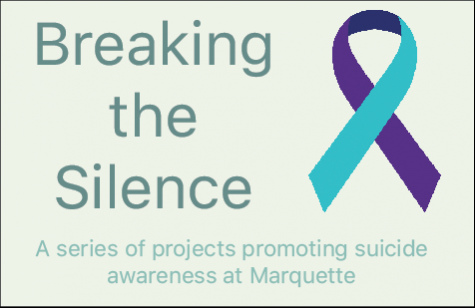Suicide Awareness – Breaking the Silence, Saving Lives

Suicide is one of the leading causes of death worldwide, yet it’s often surrounded by silence, stigma, and misunderstanding. Many people who struggle with suicidal thoughts don’t speak out because they fear judgment or believe no one will understand. But the truth is, suicide is preventable, and awareness can save lives.
This post is a reminder that mental health matters, and we all have a role to play in supporting those who may be suffering in silence.
Understanding Suicide
Suicide often stems from overwhelming emotional pain. Factors such as depression, anxiety, trauma, financial struggles, relationship issues, or chronic illness can make life feel unbearable. Sometimes, the person may appear “fine” on the outside, while battling deep internal struggles.
Warning Signs to Look Out For
Recognizing the signs can help you step in before it’s too late. Some common red flags include:
•Talking about feeling hopeless, trapped, or being a burden
•Withdrawing from friends and activities
•Sudden changes in mood or personality
•Giving away possessions or saying goodbye
•Expressing a desire to die or harm oneself
How to Help Someone in Crisis
If you suspect someone is thinking about suicide:
1.Listen without judgment – Let them share their feelings freely.
2.Show empathy – Assure them that their life matters.
3.Encourage professional help – Suggest speaking to a counselor, therapist, or doctor.
4.Stay connected – Check in regularly to let them know they are not alone.
5.Remove potential means of self-harm if possible.
Breaking the Stigma
We must normalize talking about mental health just as we do physical health. Asking for help is not a weakness — it’s a sign of strength. When we speak openly about suicide, we create safe spaces for people to share and seek help without shame.
Taking Care of Yourself
If you’re struggling with thoughts of suicide:
•Talk to someone you trust — a friend, family member, or counselor.
•Reach out to a helpline — In Ghana, you can call Mental Health Authority Helpline: 050 344 4793 / 055 434 5832.
•Avoid isolation — Stay connected to people who care about you.
•Seek professional help — You don’t have to go through it alone.
Final Thought:
Suicide awareness is not just about knowing the facts — it’s about showing compassion, listening, and being there for each other. You may not be able to solve someone’s problems, but your care and presence can give them a reason to hold on.





